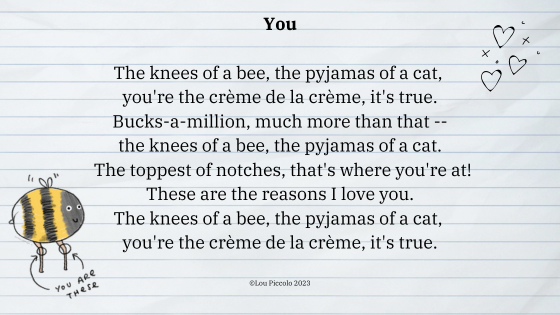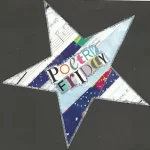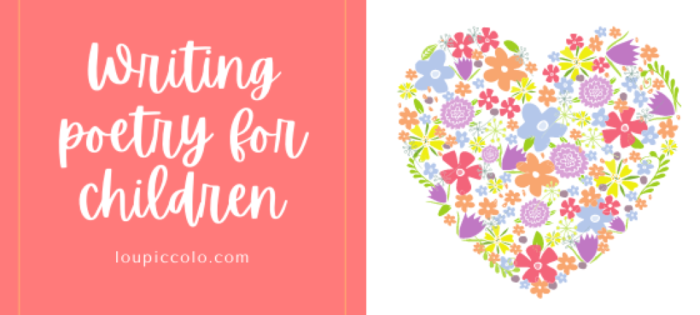Like most of us, I’ve always understood that I could read anything I wanted for two reasons: I have had the privilege of learning how to read, and also because I knew that if there was something I wanted to read, I’d be able to buy it or borrow it from the library. The heady freedom of acquiring knowledge freely is a wondrous thing that I have taken for granted since I was a child.
However, things are changing, and not for the better. In fact, they’re going backwards to something resembling book burning in the Renaissance. A minority, but a very loud and insistent one, is advocating for restricting the books that are available to everyone, should they choose to read them. There’s something very wrong with that.
Reading is transformative
The ways in which reading can transform us seems to be frightening to some people, instead of liberating. Why should that be? Quite simply because reading opens minds. Open minds let in the winds of change in the way an open window would. Open minds embrace differences and inclusivity.
Book banning
Books are being pulled out of classrooms and libraries at an alarming rate. In fact, the American Library Association (ALA) has reported that book challenges have almost doubled since 2021. Funding is also being withdrawn from librarians and teachers who are challenging the restrictions. And unfortunately, if we don’t speak up, the only voices that will be heard will be the loud and insistent ones.
While we need to speak up about our personal right to read freely, we also need to speak up for all the children in the world who cannot. All of them, no matter who they are, have the right to read freely and discover the world as it is. And most importantly, they have the right, and the need, to see themselves represented in the literature on the bookshelves.
What to do?
The ALA “announced a national day of action to protect libraries and the freedom to read, designating April 24, the Monday of National Library Week, as Right to Read Day“. They provide a list of suggested actions you can take to fight against the restrictions, such as:
- Borrow a book from the library that is on a challenged books list.
- Read stories written by authors from cultures where the freedom to choose what they read has been restricted.
- Support meetings where book bans or challenges are being discussed.
- Write letters to elected officials about the importance of a community that reads freely.
- Let schools know that you want your children to be exposed to different ideas so they can learn to think for themselves.
- If you’re responsible for choosing books for a library, classroom or bookshop, be inclusive in your choices.
- Pass this information on!
The power to change lives
Reading has the power to change lives, and we should be embracing that change, not suffocating it. What’s wrong with new ideas, inspiration to become better and do better? Nothing. It’s that simple.
My project for National Poetry Month was to Tame the Triolet with a triolet-a-week. I’ve written three so far; one on the science of awe, another on writing about anxiety for children, and a third on writing about abstract topics for children, like mindfulness. This week’s triolet deals with letting children know that whoever they are, they are perfect and loved, no matter whether they books that represent them are being banned.

(Draft #Ihavelostcount)
Ruth is hosting Poetry Friday this week on her blog.





Hear! Hear! Yes! Sing it, sister! The school librarian in me celebrates every word of your post. The challenges to reading are real–and in a time that so many young people are not choosing reading for pleasure. It’s an evil and dangerous mix. My feeling is that the people challenging books for young people are craving a sense of control in a world that they feel is out of their control. It’s sad that we cannot seem to teach the next generations to be more gentle. It’s life’s work for sure! ooh, a triolet challenge. Bravo! You’ve hit on a wonderful mix of a form (that works) and some old-fashioned terms of affection. I love it! Bees-knees in my personal favorite. Write on, kid!
I’m laughing at your enthusiasm, and am also happy that you enjoyed my post because, I too, feel very strongly about this. I agree that control is at the heart of challenging the books out there, but I wonder when people will understand that the have no control over anything ever, especially not other people minds.
I like the idea of checking out banned books from the library and thanks for urging all of us to express why it’s important for our kids to actually know things. Thanks, Lou.
I think that all of the suggestions are equally important, but I remember reading somewhere that there are statistics on what people check out of the library. Now, more than ever, those statistics are a valuable tool!
Lou, thank you for this post. Though I’m not a librarian, I agree with Linda. I love Stephen King’s quote about censorship (or control, as he says earlier) “What I tell kids is, Don’t get mad, get even. Don’t spend time waving signs or carrying petitions around the neighborhood. Instead, run, don’t walk, to the nearest nonschool library or to the local bookstore and get whatever it was that they banned. Read whatever they’re trying to keep out of your eyes and your brain, because that’s exactly what you need to know.”
“you’re the creme de la creme, it’s true” is a perfect ending to your triolet. Lovely!
Yes! That IS exactly what they need to know. Well said, Mr King.
Love “the toppest of notches” Lou, new ideas for telling someone they are great, come from reading and listening to others read, talking about those ideas, too. I am frightened by the censoring uproar, trying hard to get my head around those who believe they have the right to tell others what to read. Next, what to do! Thanks for the post!
I feel exactly the same way, Linda. And yes, reading does help us communicate by tracing us how to express ourselves. It’s so important for future generations to learn that too.
You have such important point about access to books here. Thank you for waking me up to the ways I take my own ability to read and access to books through the library (and interlibrary loan system!) for granted.
I love the triolet! It’s very fun to say, and the topic is great with the form, the repetition underscoring the adoration.
That’s just it though, Karin, we should be able to take our ability to get quick and easy access to books for granted without worrying about being challenged, shouldn’t we? You are the perfect example of what’s RIGHT with the world!
Lou, your triolet is lovely! And, thank you for linking to the Right to Read campagin– I’ll definitely be exploring their website!
Sarah, I was ridiculously excited when I discovered it. Have fun over there!
Well said — and I love this: “Draft #Ihavelostcount”
#andmymind trying to get it just right. I’m leaving it for a bit in the hopes that it’ll rewrite itself exactly the way it should be!
This is so very sweet. Kids need to hear this, and too many don’t. Thank you, Lou!
Thank you, Laura!
So much truth in this entire post. The right to read and the importance of access couldn’t be more urgent right now. Your triolet is delightful!
Thank you, Mary Lee!
Thanks for speaking on behalf of so many of us, troubled during this time of book banning and censorship. I especially appreciate your list of things we can do.
Your triolet is perfect, just like the “You” who’s the toppest of notches. Looking forward to sharing your poem with the grands.
The list is useful, isn’t it? It gives is something to actually do about the problem instead of simply talking about the problem. I hope the grands like the poem. Let me know!